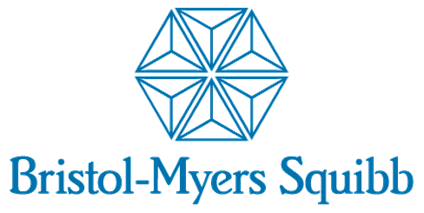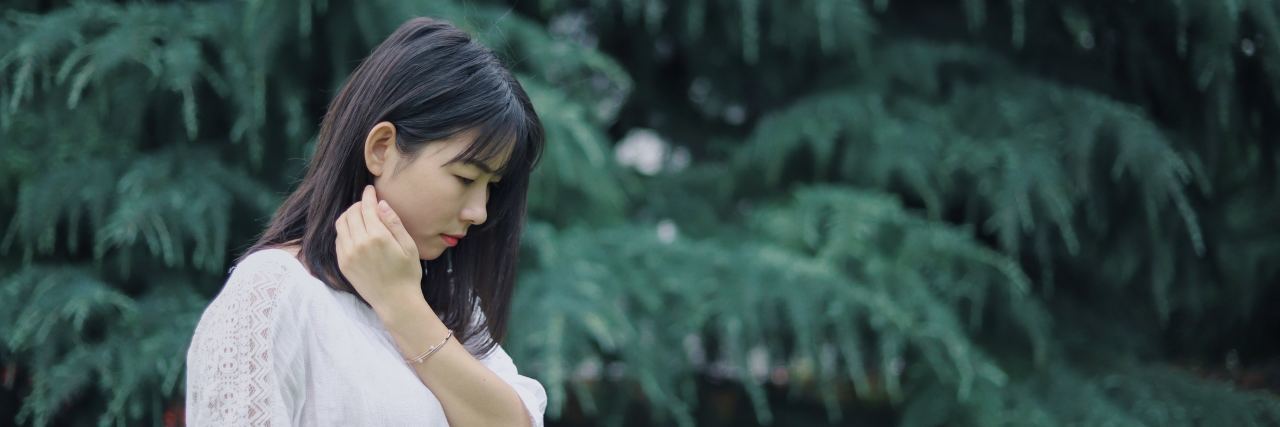I was a first-generation Chinese American working and living in Hong Kong when I was diagnosed with breast cancer.
On par with cultural norms, my diagnosis was treated in the same vein as death and divorce. No one talked about it, and the experience was reduced to a technicality of appointment scheduling. I learned to not talk about what I was feeling.
“It’s a waste to talk about such things. Everything is OK. Just move forward,” an aunt – my primary caretaker at the time – said matter-of-factly.
Fortunately, I found an oasis of support online, and after I finished treatment and returned to the U.S., I was thrilled to connect with women on similar journeys in person wherever I could: at support group meetings, in waiting rooms, and at the annual meetings of large advocacy organizations. It was at these annual gatherings, some that draw thousands of women living with cancer, that I started wondering why no one looked like me.
Were there other Asian American women who were living with breast cancer?
Shortly thereafter, I attended another event and I counted the number of young Asian American women on two hands. It seemed like there just weren’t many Asian American women with breast cancer, but research told a very different story: breast cancer rates were actually rising among Asian American women.
After a few more similar experiences, it became clear to me that, as Asian Americans, we needed to do more to support one another. I decided to take action to try and make a difference. I began volunteering for the National Asian Breast Cancer Initiative, an organization that raises money and awareness for Asian Americans and breast cancer. I chaired and sat on panels addressing the unique problems that underserved communities face, including, but not exclusive to, culture, language and economics. I joined the diversity committees of breast cancer advocacy organizations. As a journalist, I actively blogged about my journey and used social media to push out posts, photos and messages with the hope of making an impact.
Before I was diagnosed with cancer, I rarely shared my personal matters with anyone. My diagnosis, and the realization that so many of us need more support, changed that. A long-time friend jokingly observed, “You’ve gone off the reservation, but I like this new you.”
Last May, I celebrated a five-year milestone: my anniversary as a cancer survivor, and more importantly as an advocate. For me, advocacy is not a choice, but a necessity considering the reality of underserved populations in the breast cancer community, which extends well beyond just Asian American women.
We have a tremendous opportunity to help address the needs of underserved people living with cancer, for example through support services and resources that are multi-lingual as well as relevant to all cultures and genders; increasing clinical trial enrollment among diverse populations; and by telling the stories of survivors from different ethnicities and backgrounds.
Acknowledging that the needs of underserved people living with cancer must be addressed is the first step, but the second step involves action. Together, we can call attention to the challenges for those living with cancer, with the goal of helping everyone living with cancer feel supported every step of the way.
Amy Wu is a young breast cancer survivor, a journalist and an advocate. She sits on the diversity committee for Young Survival Coalition and on the steering committee for the XRAYS program under Facing Our Risk Against Cancer Empowered. This article is sponsored by Bristol-Myers Squibb as part of its series sharing perspectives about living with cancer today. Amy has been paid an honorarium for her time sharing her story.
ONCUS1804512-01


